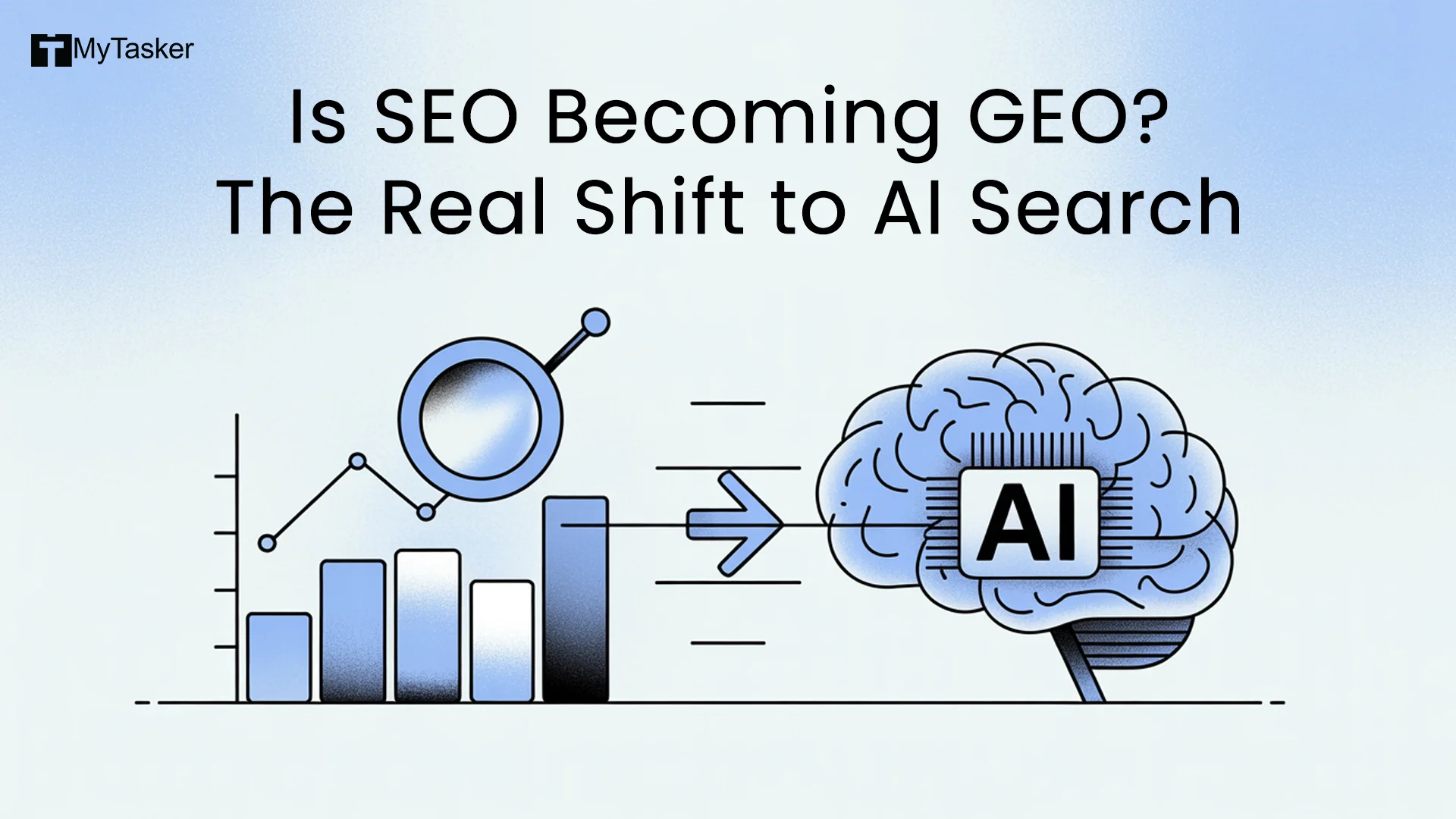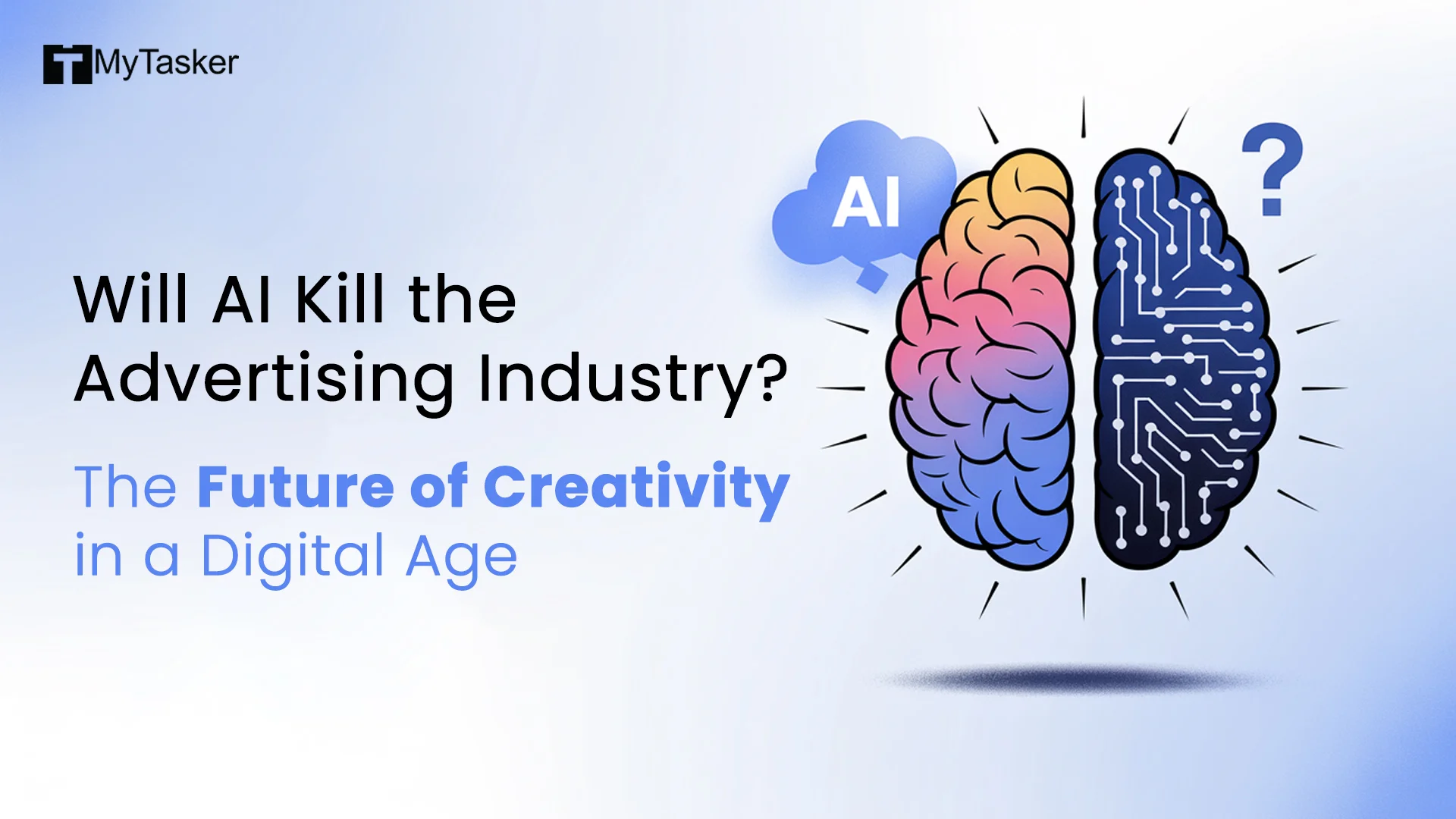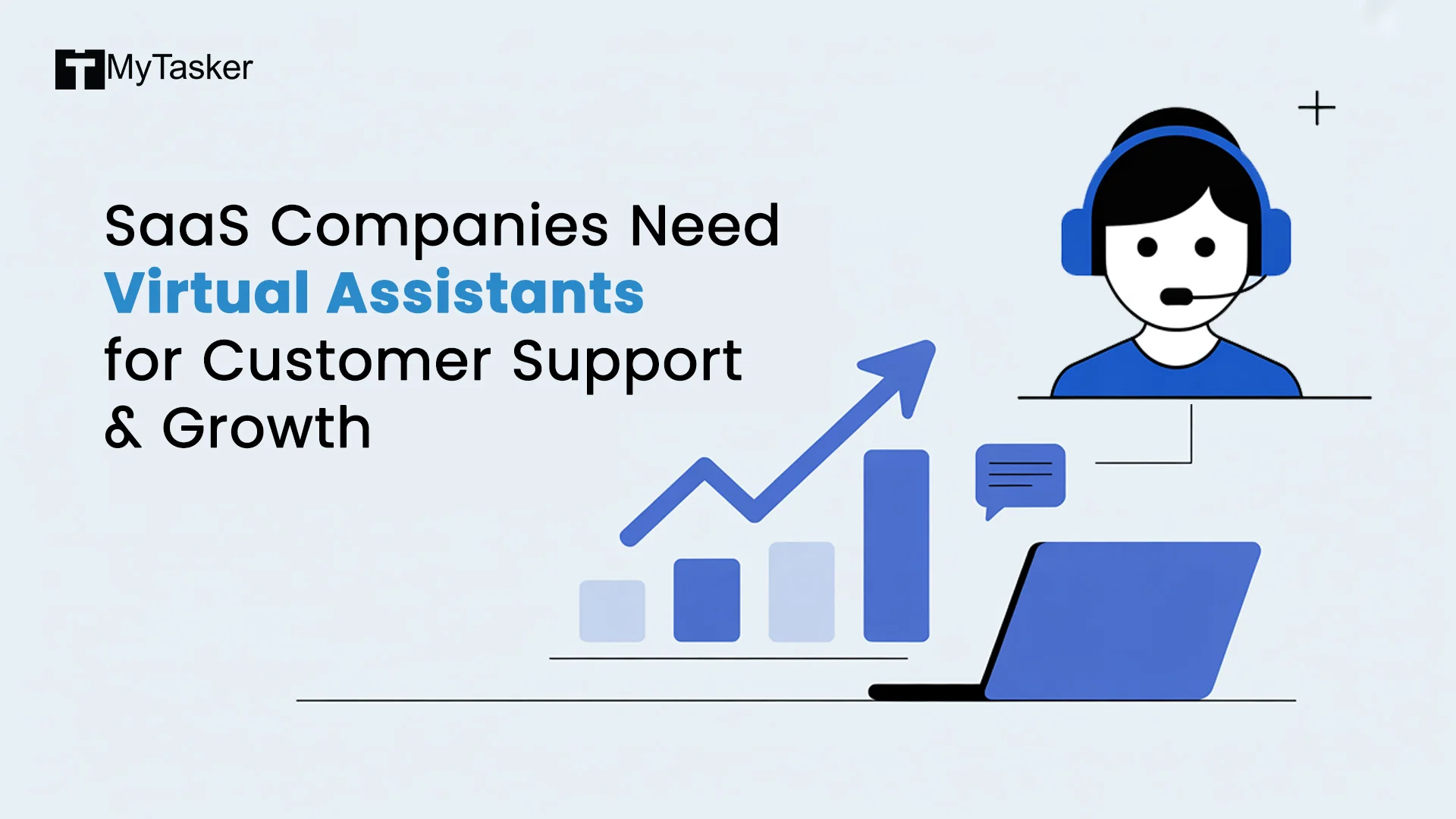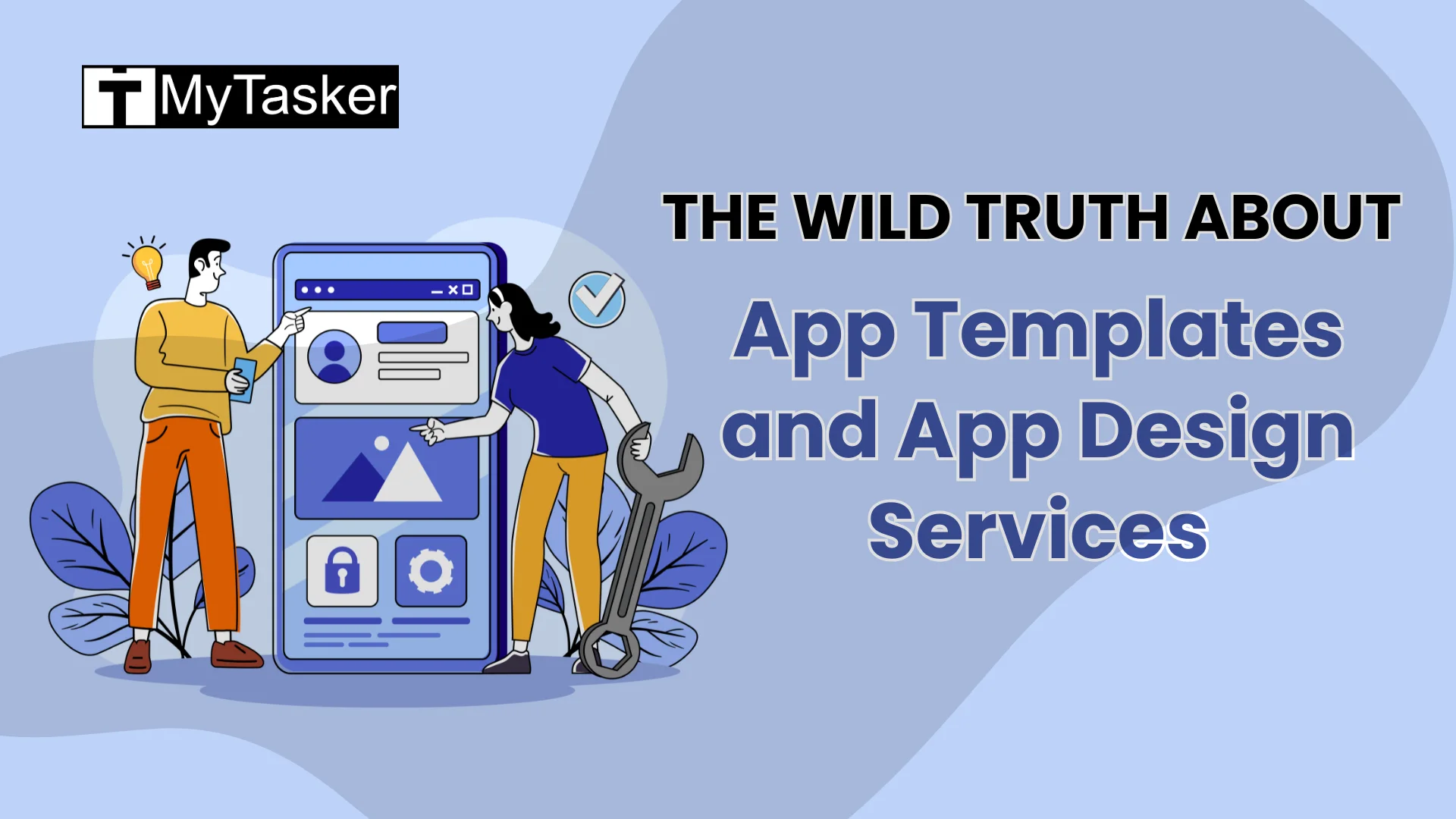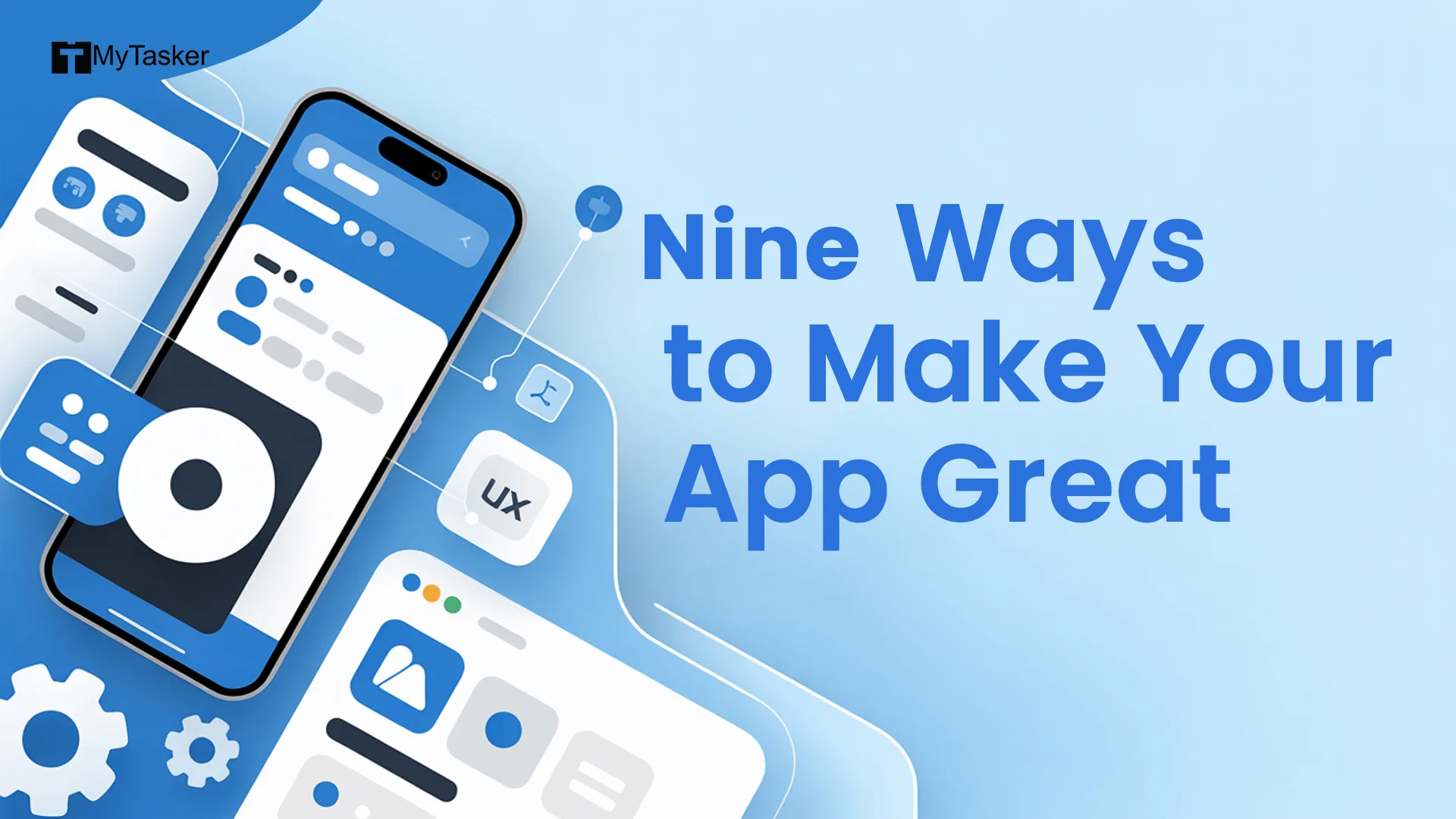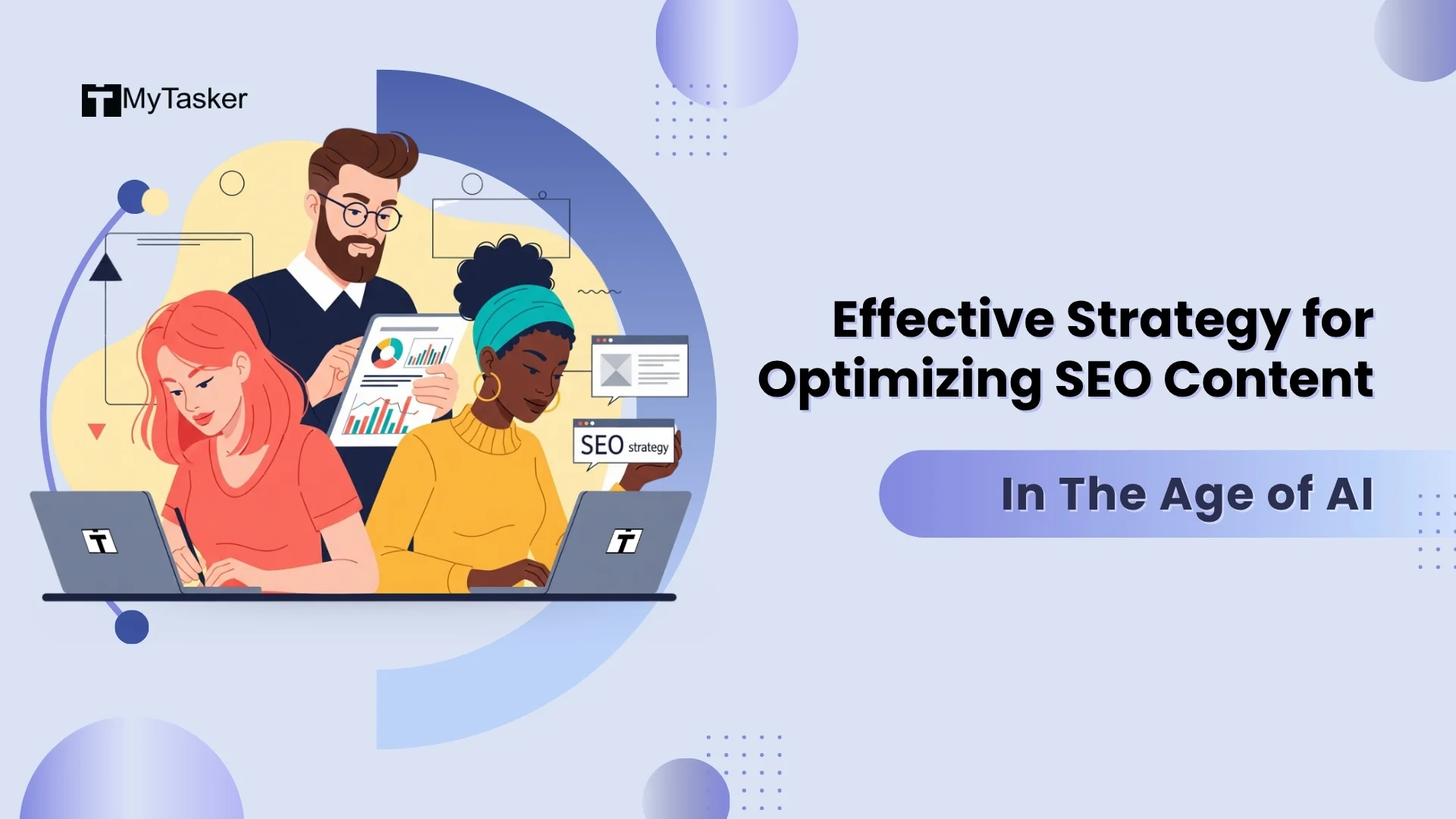The ancient Greek philosopher Heraclitus’ observation - “Change is the only constant” is very much associated with Google. With its variable computation, Google has always come up with new ideas for giving your brand and business an impactful boost in the online world. And this dynamism from Google fuels every epic battle among all the brands to occupy the top position on the search engine page.
But what matters the most is the quality of content to boost your website’s SEO performance. Google’s E-E-A-T score stands tall in this regard to determine quality search on Google, further enhancing your business growth.
Google created this acronym E-E-A-T, to determine experience, expertise, authority, and trust factors for websites. Business owners and online marketers should not confuse these factors for ranking. These elements were purely advocated to evaluate search quality on Google.
What is the Meaning of E-E-A-T?
The four factors determine the quality and the authenticity of the content on Google. Most importantly, it is pivotal for users to follow search engine compliance which automatically leads to creating EEAT-friendly content.
So, what are the four factors? Let's check in detail -
Experience
This element is recently added by Google to the previously renowned E-A-T compliance guidelines. The experience factor defines the content creator's ability to resonate with real-life experiences through expert storytelling.
Expertise
This parameter identifies the content creator's ability to grasp new topics and create original and compelling content on any given topic, niche, or industry. It is essential for businesses in the "Your money or Your life" sector to principally follow the EEAT principles. Governmental, journalistic, medical, and safety-focused companies need to provide customary proof of licenses to publish online. The difference becomes clearer when Google has an understanding of what a hobby blogger is posting and what a medical practitioner is posting.
Authoritativeness
This variable helps Google to check the level of familiarity of your content with the audience and how frequently they seek your guidance in their respective industries. Excellent domain authority is also an important factor in promoting your authority score. When respectable publications or organizations recognize and mention your website or content online, it helps to build additional credibility on Google.
Trustworthiness
A guideline is only set to check the reliability, accuracy, accessibility, authenticity, commitment, and safety associated with a brand, website, and its respective content to establish trustworthiness. The Contact Us page serves as a great promoter of this factor. However, ensure that the details are honest with some backup. For example, you can include an image of your office on this web page. Or, you may include the physical location of your headquarters on Google Maps and update it on the contact page. Additionally, equally showcase positive and negative testimonials on your website.
While these factors may look easy to establish, applying them to ensure maximum results on Google requires special assistance.
What is the History of EEAT Signals?
The concept was initially built around E-A-T factors and the additional 'E' or experience element was later added to this acronym in 2022. Google implemented a core update to its algorithms in 2018 that impacted a heavy volume of websites. Therefore, Google introduced these essential factors to evaluate quality through its search quality evaluator guidelines. Page quality, main content quality, and needs met ratings are vital to search quality raters. The purpose of search engines is to make people's lives easier. The EEAT ratings help to build your page quality with the following assessment in mind -
-
What are website owners promoting about themselves online?
-
What are consumers saying about the website?
-
What are visible sections of the website?
What Is The Significance Of E-E-A-T In SEO Protocols?
You need to list a variety of questions to see if your content is meeting E-E-A-T SEO standards. What are these key queries -
-
Find out if a topic or your brand theme can offer a first-person experience in the form of content to make it more engaging and relatable for the audience.
-
Check if your industry-relevant content supports industry data and if it is reviewed by an industry-specific expert. If your business is an online payment app, consult with a banker. Similarly, if you are in the healthcare industry, review your content by a specialist in that field.
-
While government sites are considered the most authoritative, your website or social media platform could be highly reliable if it attracts a high volume of online audience and Internet users find your content relatable and interesting to find solutions from you. It creates authority over your digital competitors in comparison to online traffic.
-
There are critical factors other than content that determine the credibility of your website. Examine if your website has the latest HTTPS certification for optimal security. Focus on trivial facts like contact information and its accuracy represented on the website. Studies on brand reliability highlighted that only fourteen percent of online users trust what brands promote about themselves. These small but crucial elements will help to build trust among viewers and also boost the EEAT quantifier.
What Are The Different Levels of E-E-A-T on Google?
Google employs a set of quality raters for search results that are widespread globally and provide essential feedback on what type of content is fed to Google and how to improve search results on this engine.
The search quality raters community from Google has devised a way to categorize content and websites that are present on Google's search engine. These categories include -
-
Lowest - Spammy pages with negative user experience that could harm user behavior on different levels. Such pages are coined with the lowest E-E-A-T due to their unreliability and fraudulent activities.
-
Lacking - A prime example of an EEAT needing a website or webpage is when they shift their expertise from one industry to another. If you are a gym owner and have a business website with content promoting health and wellness, you cannot suddenly write and post a blog on the importance of a drum kit. Google will detect this anomaly and score you for lacking EEAT elements.
-
High - For example, Google will consider a company that sells custom baby accessories with original content and first-hand experience from client testimonials to score with a high E-E-A-T. It offers a positive and reputable search experience and meets all the criteria related to all EEAT components. Also, it is essential to ensure that no out-of-the-line products are services are promoted on your website given its particular niche.
-
Very High - Usually news channel websites are considered to have very high EEAT scores because of their user visit frequency and the information reliability. Also, news channels have the liberty to cover all types of topics and industries giving them the upper hand not to become a subject of niche subjectivity.
What Are Some Evergreen E-E-A-T Topics?
Let us break down each EEAT representative and search for some relatable topics to strengthen your content and website quality -
Experience Topics
-
Pregnancy-related sleep challenges
-
Tax form filling
-
Retirement saving plans
-
Importance of voting
Expertise Topics
-
MS Office Tools/Google Workspace Hacks
-
How-To Topics
-
Cybersecurity
-
Search Engine Optimization
Authoritativeness Topics
-
Daily, weekly, monthly fun facts
-
Unique recipes
-
How to travel with low budget
-
Highlights of the week
Trustworthiness Topics
-
Pros and cons of services
-
Statistically-backed content
-
Privacy policies
-
Before and After content
Why Is E-E-A-T Important?
SEO experts conducted extensive research in 2023 and found that Google can detect meaningless AI-generated content. While the EEAT is not a ranking factor yet it prevents unimportant content or websites from ranking on the search engine results pages and marks for information satisfaction scores.
Get a list of unworthy websites, webpages, lowest quality pages, suspicious webpages, spammy websites, auto-generated main content websites, copied websites, and highest quality pages with an EEAT assessment.
Google's policy of rewarding high-quality EEAT content will continue and these definitions will fortify the best practices for all online operators.
Common E-E-A-T Misconceptions
Let us clear out all myths related to Google E-E-A-T guidelines so that you can make better content and promotional decisions for your online business. Here are some misconceptions you should avoid -
-
Google introduced EEAT as a search result quality determination concept into its guidelines in 2014 and you should not consider them as Google ranking guidelines. The EEAT ratings do not impact your online ranking but improve your quality of content and its relatability with users.
-
The EEAT guidelines are not a checklist. They are a set of definitions to improve user browsing experience through your content. The audience is hungry to consume personalized content that depicts a first-hand experience on specialized topics instead of a generic set of guidelines.
How To Improve Your Google E-E-A-T Score?
Check out some helpful tips to build an unformidable online brand reputation with these iconic steps to include E-E-A-T guidelines into your content and branding strategies -
Employ Experienced Officials
An author with expertise in your business should look into your website's content. They can offer first-hand experiences and share stories or real-life incidents to connect with your target audience and encourage them to take action. These experts can bring new and creative topics to the table and bridge the information gap between the brand and the users.
Experience To Apply
EEAT focuses more on building your brand's online reputation than enriching its SEO parameters. Become a part of podcasts, host webinars, and attend conferences to update yourself with the best practices. It opens your views on what the users are looking for in their search queries and how you can help them with solutions.
Present Author Identity
Credentials like the author's name, profile picture, experience, field of interest, and press or award features help the audiences to learn more about who is creating the content. It helps determine their expertise and credibility too, indirectly promoting the credibility of your brand. Schema markups and author profiles are a good way to accelerate EEAT scores.
Work On The About Us Page
Remember, the About Us page is the priority along with your contact information page. The About page is the window to your business. It tells your story, showcases your offerings, highlights your unique selling proposition, recognizes your team and awards, identifies your location, matches your contact details, and promotes your customer reviews. This one page could meet all the EEAT factors itself. So, work hard on it.
Personalize Content and Cite Sources
Images, videos, travelogues, and vlogs are some great tools to promote the experience. Moreover, it personalizes your content and presents something unique to your audiences that they cannot find elsewhere. Also, your readers may disagree with the statistical data that you highlight through your content. The best way to establish trust in such a situation is to cite resources for your work. Help them crosscheck the latest updates and clear their doubts.
What Are Some E-E-A-T Mistakes You Should Avoid?
The last step is to identify a list of mistakes that all content creators and website owners should be aware of related to positive EEAT promotion. Let us check out some of the common mistakes -
-
Duplicating author profile
-
Uncertified expertise
-
Content plagiarism
-
No on-page and off-page signal detection metrics or strategies
-
Outdated content - missing information
-
Non-reflective business reviews
-
Stock imagery usage
-
Malnourished About Us Page
Bottomline
If you are wondering how to employ the right E-E-A-T strategies for your business or looking for expert assistance, we are here to guide you through each step of this process.
MyTasker has a team of digital marketing, web design & development and content strategists who can build your brand reputation through holistic and organic EEAT approaches. Strengthen your online presence through experience, expertise, authority, and trust and outdo competitors on all levels. Unlock the very high level of EEAT for your brand with our professional services. Get connected with us now.




